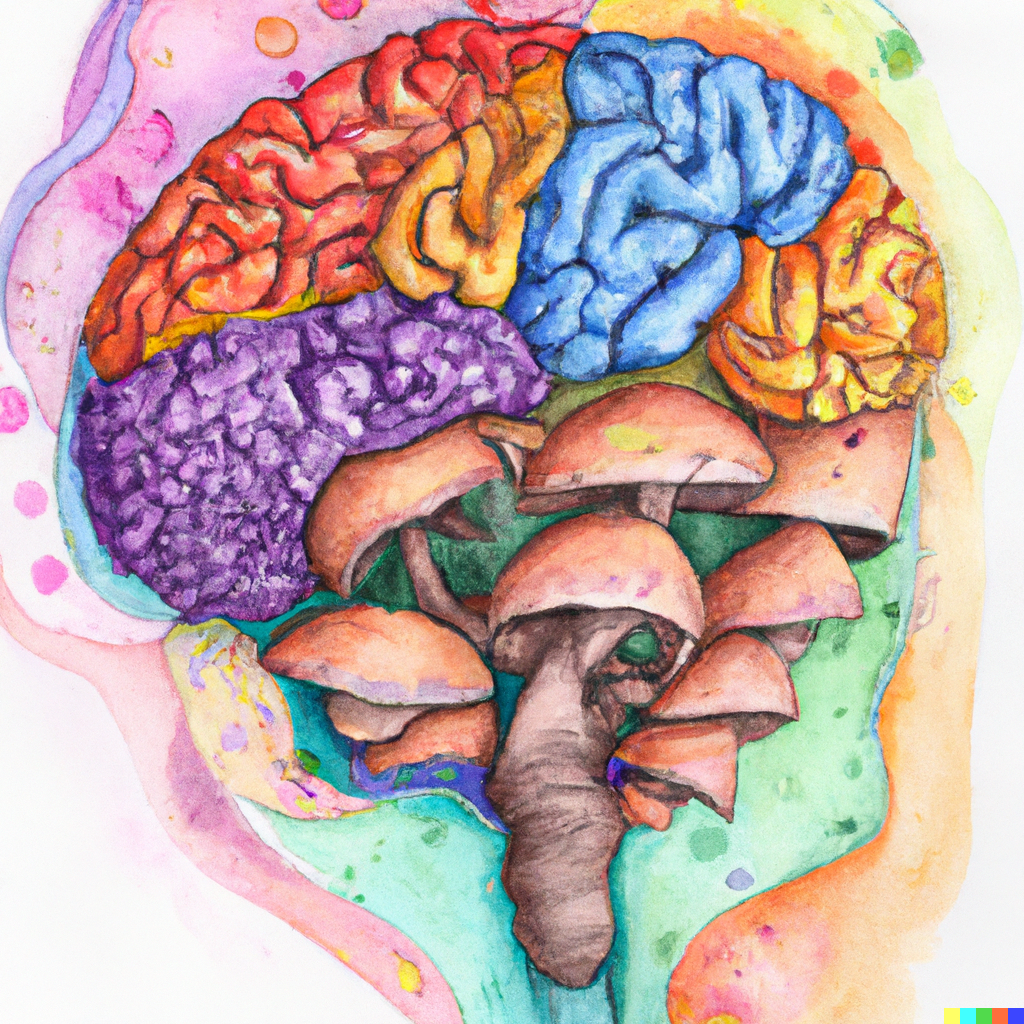Background
Ketamine is reported to have rapid antidepressant effects, however there is limited understanding of the time-course of ketamine effects beyond a single infusion. A previous report including 10 participants with treatment-resistant major depression (TRD) found that six ketamine infusions resulted in a sustained antidepressant effect. In the current report, we examined the pattern and durability of antidepressant effects of repeated ketamine infusions in larger sample, inclusive of the original.
Methods
Participants with TRD (n=24) underwent a washout of antidepressant medication followed by a series of up to six intravenous (IV) infusions of ketamine (0.5 mg/kg) administered open-label three times weekly over a 12-day period. Participants meeting response criteria were monitored for relapse for up to 83 days from the last infusion.
Results
The overall response rate at study end was 70.8%. There was a large mean decrease in Montgomery–Asberg Depression Rating Scale (MADRS) score at two hours following the first ketamine infusion (18.9±6.6, p<0.001) and this decrease was largely sustained for the duration of the infusion period. Response at study end was strongly predicted by response at four hours (94% sensitive, 71% specific). Among responders, median time to relapse following the last ketamine infusion was 18 days.
Conclusions
Ketamine was associated with a rapid antidepressant effect in TRD that was predictive of a sustained effect. Future controlled studies will be required to identify strategies to maintain an antidepressant response among patients who benefit from a course of ketamine.


